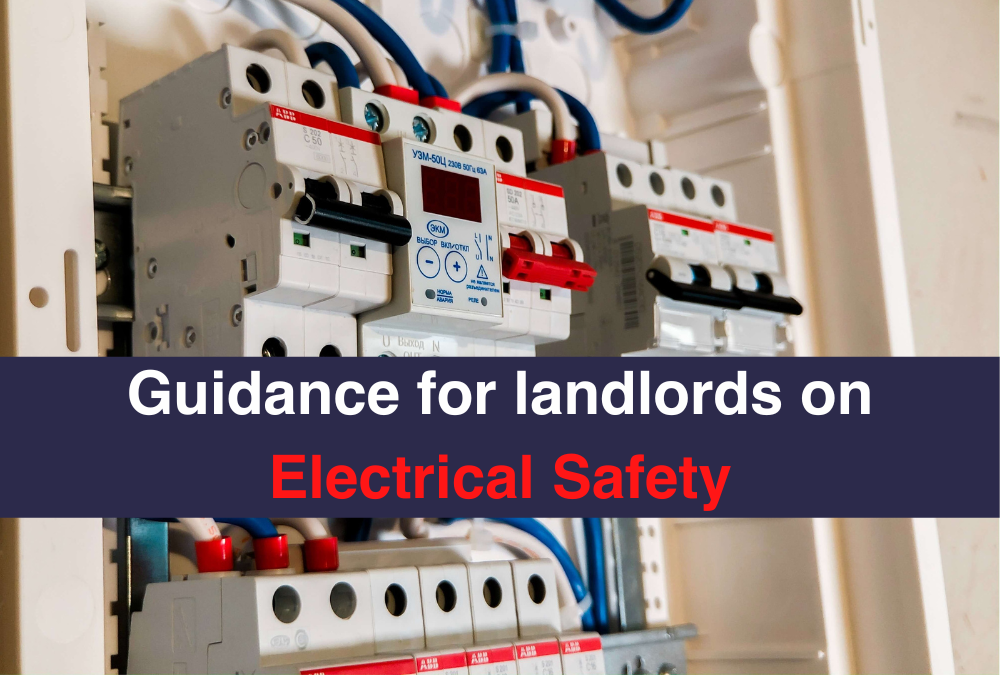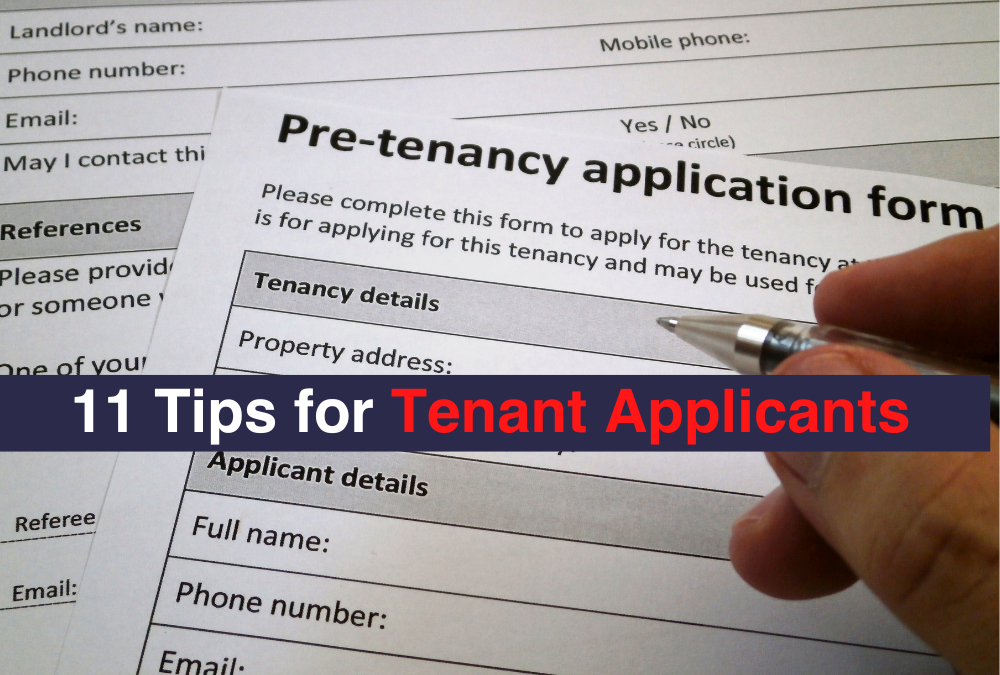The safety of tenants is of paramount importance to landlords in the private rental sector, and rightly so. One of the areas that has been improved immeasurably over the years is electrical safety, and now new guidelines have been published to provide greater awareness and education to landlords.
The 18th edition of the Wiring Regulations came into effect in 2019, while the Electrical Safety Standards in the Private Rented Sector (England) Regulations 2020 came into force in June 2020. Together these pieces of legislation outline the obligations a landlord – or a managing agent acting on their behalf – need to meet to ensure any property they provide is safe from an electrical perspective.
This legislation states landlords must ensure:
- National standards for electrical safety are met
- Electrical installations in their rented properties are inspected and tested by a qualified and competent person at an interval of at least every 5 years
- A report from the person conducting the inspection and test, which gives the results and sets a date for the next inspection and test, is obtained
- Any report is sent to relevant parties within set timeframes and is freely available when requested, any recommended remedial work is completed within a stipulated time frame
- Relevant parties are notified within a stipulated time frame that the remedial work has been completed.
Failure to maintain safe electrical installations and offer safe appliances could result in landlords facing fines of up to £30,000, being served with banning orders as well as being left with invalid insurance policies.
Legislation in Wales and Scotland almost mirrors that in England, with a compulsory requirement for an Electrical Installation Condition Report (EICR). In Scotland, landlords are legally obliged to follow Sections 13 (4A) and 19B(4) of the Housing (Scotland) Act 2006. In Wales, it’s the Renting Homes (Wales) Act that governs electrical safety.
Also in both Wales and Scotland, electrical testing needs to happen at least every five years and in Scotland, PAT testing for any portable appliances is also mandatory.
New best practice guidelines introduced
Although an EICR has to be performed by a qualified and competent person, some experts felt there was a lack of consistency and transparency when it came to conducting and reporting the electrical checks.
To remedy this, Electrical Safety First has issued its Best Practice Guide 10: Electrical safety standards in the private rented sector. It has been produced in consultation with a number of leading electrical safety organisations, including the National Inspection Council for Electrical Installation Contracting, the Electrical Contractors’ Association and the Association of Safety and Compliance Professionals (ASCP), as well as with several letting agents and Government departments.
Clearer guidance
The guide is aimed at landlords, tenants, electricians and letting agents, clearly setting out the minimum recommended degree of periodic inspection and testing necessary to meet the requirements of relevant UK legislation. If the guide is circulated among everyone involved in renting and managing the property, the risk of grey areas will be vastly reduced.
Have a query?
If you would like to know more about electrical safety in a privately rented property, or you have a question you’d like addressing, get in touch with the team at Horizon Lets, we’re always happy to give guidance to landlords.
You can download the Best Practice Guide 10 here to prepare for electrical testing.
Related Articles
- Landlords Guide to Water Supply & Your Responsibilities
- All About Boiler Pressure
- How To Save Money On Your Energy Bills
- Landlord’s Guide to Letting Property
- Landlords Obligations – Legionnaires Disease








